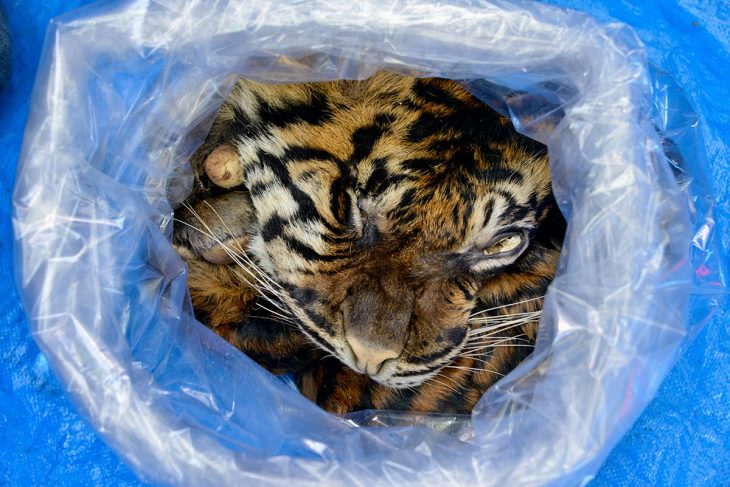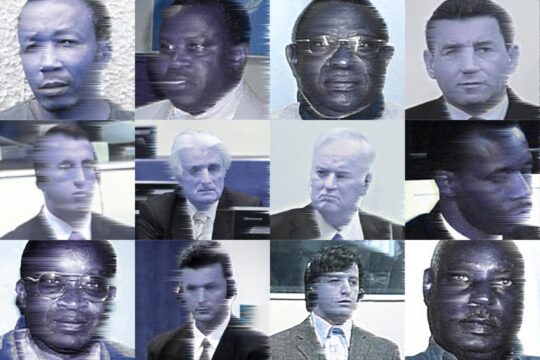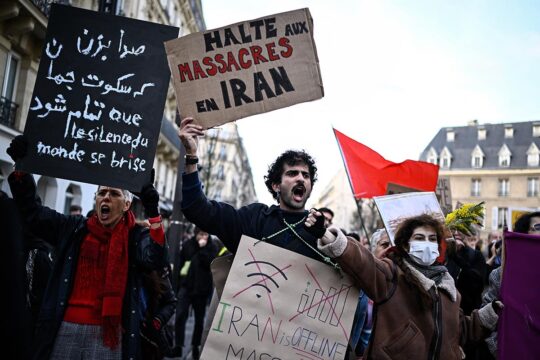To listen to the podcast, click on the "play" button below:
It’s happening under the radar, worth an estimated 1 to 2 trillion dollars a year, and decimating biodiversity, but organised wildlife crime is still underinvestigated. To help us understand how these transnational criminal networks operate, and their similarities and differences with our usual war criminals and genocidaires, we invited Olivia Swaak Goldman of the Wildlife Justice Commission.
Olivia talks us through the convergence between wildlife crimes and other types of criminal activities, such as drug smuggling and people trafficking. To read more about those linkages read the 2021 Wildlife Justice Commission report. She also explains how governments’ lack of attention to wildlife smuggling makes it one of the safest and most profitable criminal activities for career criminals.
Recorded on August 19, World Orangutan Day, we also asked Olivia about how the Commission has changed from its early years of naming and shaming in public events designed to put pressure on governments, to instead working with local authorities, using high-quality intelligence and building capacity in investigative skills, which has led to arrests like the Navarra one in Mozambique.
 ASYMMETRICAL HAIRCUTS
ASYMMETRICAL HAIRCUTS
This podcast has been published as part of a partnership between JusticeInfo.net and Asymmetrical Haircuts, a podcast on international justice produced from The Hague by journalists Janet Anderson and Stephanie van den Berg, who retain full control and independence over the contents of the podcast.







